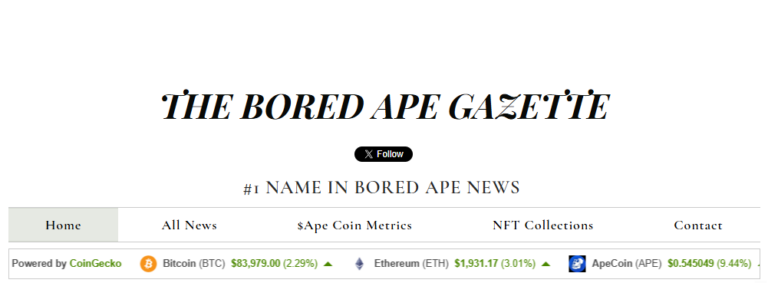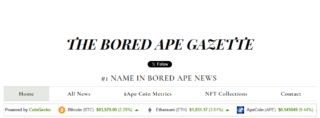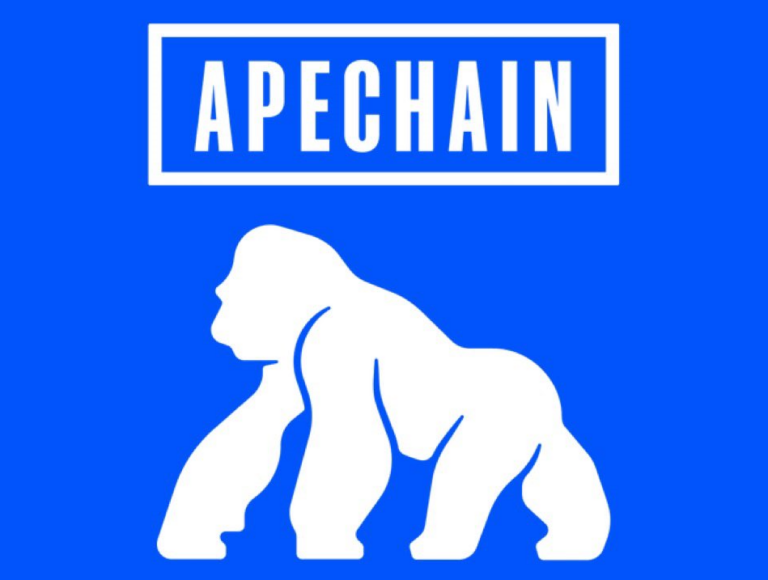In a recent development that’s stirring up the ApeCoin community, a new proposal (AIP-466) has been put forward to dissolve several working groups within the ApeCoin DAO. While the proposal aims to streamline operations and cut costs, it raises significant concerns about the lack of a comprehensive post-passing plan.
The Proposal at a Glance
AIP-466, proposed by a DAO member known as SmartAPE, suggests closing four non-essential working groups:
- Governance Working Group
- Marketing & Communications Working Group
- Metaverse Working Group
- Web3 Development Working Group
The primary motivation behind this proposal is financial: these working groups collectively cost the DAO nearly $3 million per year. With recent financial reports indicating a rapidly depleting treasury, the proposal aims to stop the financial bleeding and reposition the DAO for prosperity.
Benefits and Rationale
The proposal argues that dissolving these working groups will:
- Immediately save money for the DAO
- Allow for hiring experienced third-parties on an as-needed basis
- Eliminate distractions and downtime associated with elections and budget proposals
- Enable the Ape Foundation to focus on specific, beneficial mandates
Implementation and Expectations
If passed, the proposal calls for an immediate dissolution of the mentioned working groups and a wind-down of their operations. It also aims to prevent the creation of new DAO-funded working groups under existing charters.
The Ape Foundation would be granted the authority to:
- Issue RFPs (Request for Proposals) for activities previously handled by these groups
- Hire and manage third-party teams with specific KPIs and OKRs
- Create a new “Job Description” category on the DAO’s forum for community participation in hiring opportunities
The Elephant in the Room: Lack of a Post-Passing Plan
While the proposal outlines steps for implementation, it falls short in providing a detailed plan for what happens after these working groups are dissolved. This lack of a comprehensive post-passing strategy raises several concerns:
- Continuity of Operations: How will the DAO ensure a smooth transition of responsibilities from the dissolved working groups to new third-party contractors?
- Knowledge Transfer: What mechanisms are in place to preserve and transfer the institutional knowledge accumulated by these working groups?
- Community Engagement: How will the DAO maintain community involvement and governance without these working groups?
- Long-term Strategy: While the proposal addresses immediate financial concerns, it doesn’t outline a long-term strategy for the DAO’s growth and development.
- Accountability: How will the community ensure that the Ape Foundation’s newfound authority in hiring and managing third-party teams is exercised transparently and in the best interest of the DAO?
- Flexibility vs. Stability: While the proposal touts increased flexibility, it may come at the cost of stability and consistent leadership within the DAO.
Conclusion
While AIP-466 presents a bold move to address the ApeCoin DAO’s financial challenges, the lack of a detailed post-passing plan is a significant concern. As the community debates this proposal, it’s crucial to demand more comprehensive planning for the DAO’s future beyond the immediate dissolution of these working groups.
The ApeCoin community must carefully weigh the short-term financial benefits against the potential long-term impacts on governance, community engagement, and the overall direction of the project. As voting on this proposal approaches, it’s imperative that these concerns are addressed to ensure the continued health and growth of the ApeCoin ecosystem.









Leave a Comment